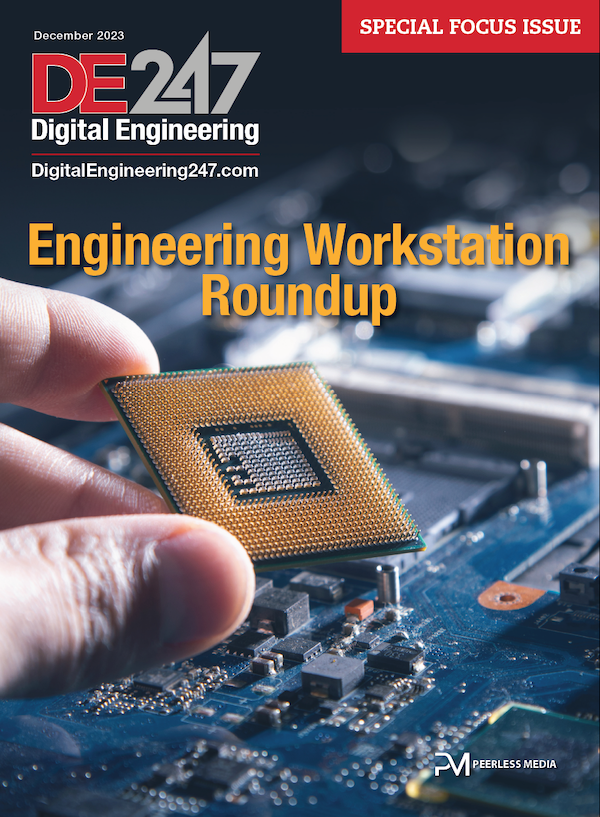Ridata 2.5-in. IDE Ultra-S Solid-State Drive Series
Features single layer cell reliability for the industrial market.
Latest News
July 7, 2008
By DE Editors
Advanced Media, Inc. (Diamond Bar, CA) announced the Ridata Single Layer Cell (SLC) 2.5-in. IDE Ultra-S to its Ridata Solid State Drive (SSD) product line up. IDE is an established interface that is pin-to-pin compatible and eliminates setting the BIOS on installation. The Ridata SLC 2.5-in. IDE Ultra-S 16 and 32GB are now available, the 64 GB arrives in Q3 2008.
Single layer cell (SLC) Solid-State Drive (SSD) is suitable for many demanding industrial applications including testing/monitoring systems, medical/military equipment, and automotive and avionics systems. Single-Layer Cell (SLC) stores one bit of data in each cell versus MLC that stores 2 bits per cell. SLC leads to faster transfer speeds, lower power consumption and longer cell life. Although SLC is a little more costly, the added uptime, reliability and speed offsets additional pricing. SLC flash technology is currently used in high-performance memory cards, mobile devices, and desktop applications or for embedded storage systems.
In the SSD technology, the Ridata 2.5-in. Ultra-S IDE SSD drive is based on NAND flash technology. It has no moving parts, which allows it to be virtually silent, vibration resistant, run cooler, and use less power than a traditional hard disk drive. The Ridata SSD drive provides consistent performance in a variety of harsh environments using low-power consumption.
The drive offers a sustained read speed of up to 50MBps and a sustained write-speed of up to 45MBps. It supports the Industry Standard IDE (ATA) Protocol ensuring it is fully compatible with devices and operating systems that use the IDE 44-Pin standard. Inherently resistant to vibration, shock, and temperature extremes, it is very reliable with more than 4,000,000 hours Mean Time Between Failures (MTBF). The Ridata SSD is lightweight with dimensions of 100 x 69.8 x 9 mm.
The Ridata SSD performs well in extreme operating temperatures up to 70 degrees C and is tolerant to a wide range of -5 degrees C to 75 degrees C temperatures. For data storage, temperature can range between -55 degrees
Subscribe to our FREE magazine, FREE email newsletters or both!
Latest News
About the Author
DE’s editors contribute news and new product announcements to Digital Engineering.
Press releases may be sent to them via [email protected].






